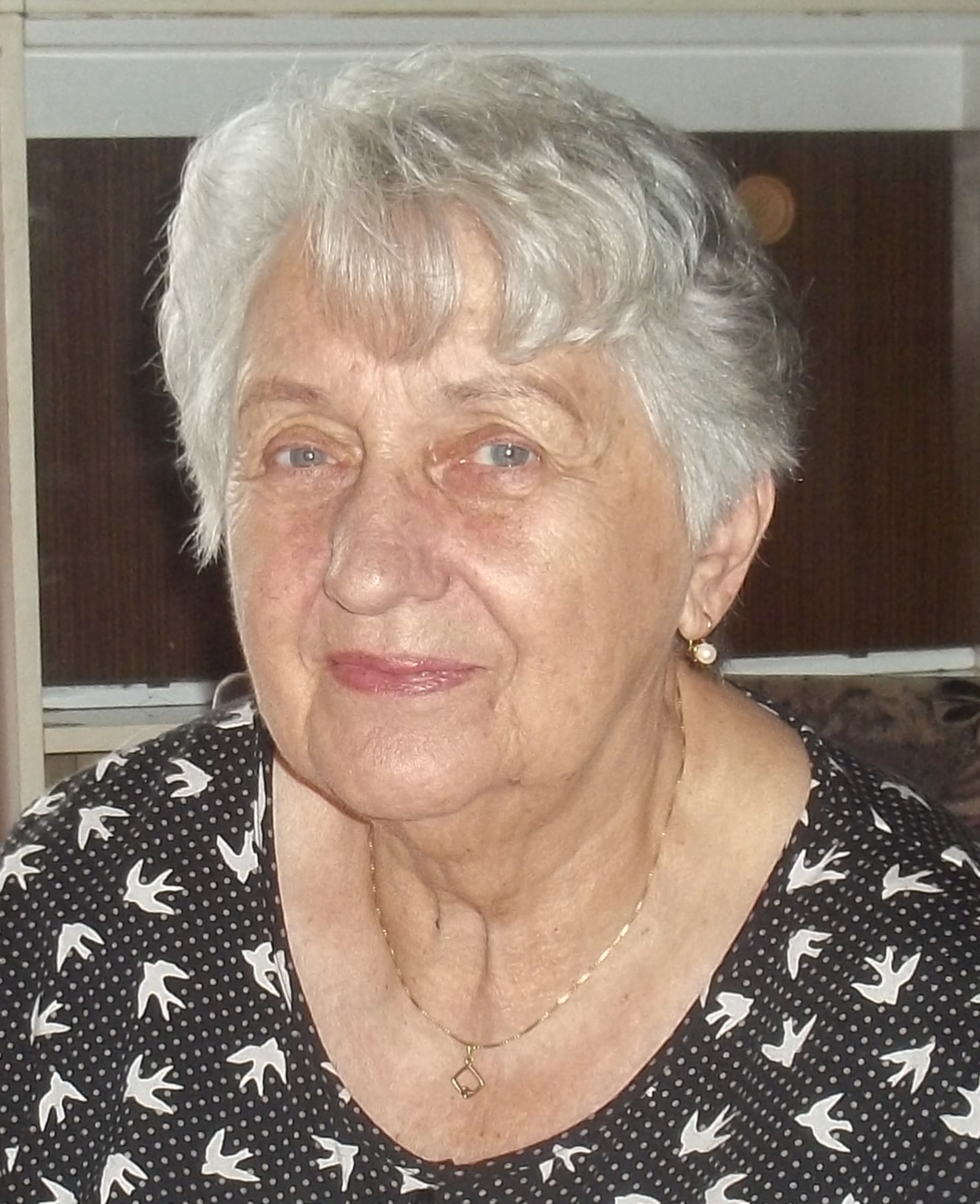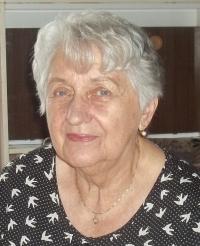Here, downstairs was an army canteen and every day I brought a lunch for everybody

Download image
She was born on 1st of August 1934 in Wałbrzych in a family of Walter Okon (05.01.1904-Febr 1951) and Freda Okon, family name Sedenschnuhe (15.06.1906-appr. 1996). Freda Okon came from Halle in Saxony and worked as a shop assistant. She met Walter Okon when he worked in one of the “Karol” Steel Works investments in that area.In 1933 the parents of Ewa Synowiec moved to Wałbrzych - family town of Walter Okon. A grandfather of Ewa Synowiec - Josef Wilhelm Okon, was a model carpenter and while looking for a job he went to Swidnica where he met his wife - Berta Hampel. Then he moved to Walbrzych and worked in “Karol” Steel Works. His sons were born in Walbrzych, inter alia Walter Okon, a constructor and an employee of project office in “Karol” Steel Works. Ewa Synowiec has started her education in 1940. Until 1945 she attempted classes in German primary school. In 1948, her father made the school manager enroll Ewa Synowiec to the Polish school. Earlier, between 1945 and 1948 she attempted private lessons with a German teacher what was illegal then. In 1951 she started a job in a laboratory. She got married with Edmund Synowiec - an employee of Termet in Swiebodzice. In 1958 she gave a birth to her son, Andrzej. Ewa Synowiec never forswore her German nationality and never accepted the Polish one. Connected to that, after the death of her husband and 30 years of work as the laboratory analytic, she lost a right to retire and she just got pension. Because of that she feels like a person who has never worked. Ewa Synowiec lives in Walbrzych.
